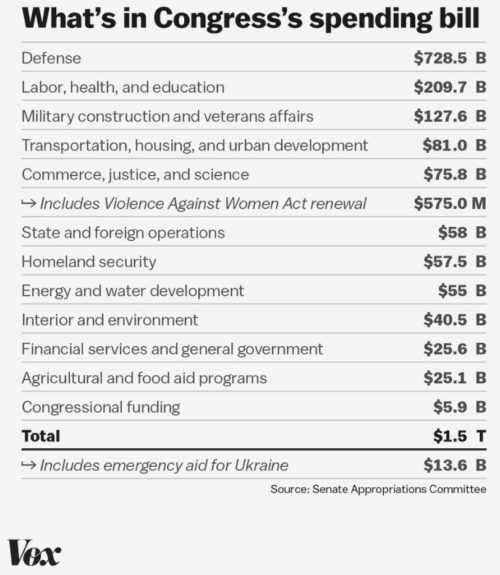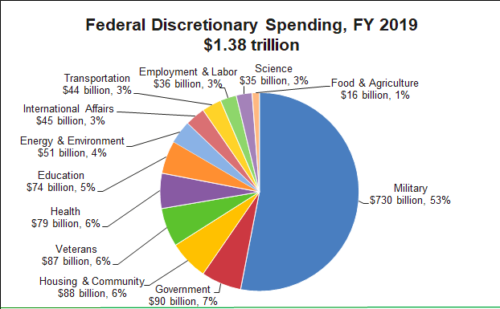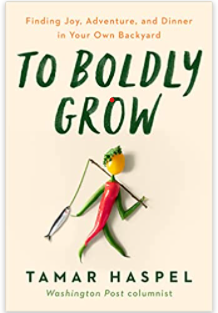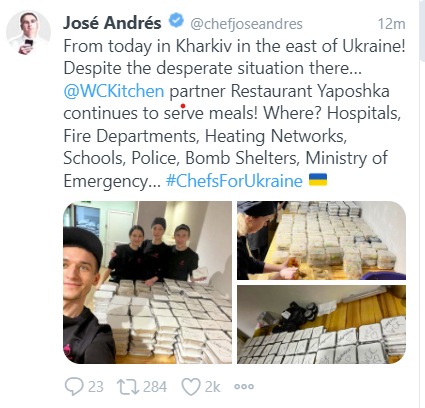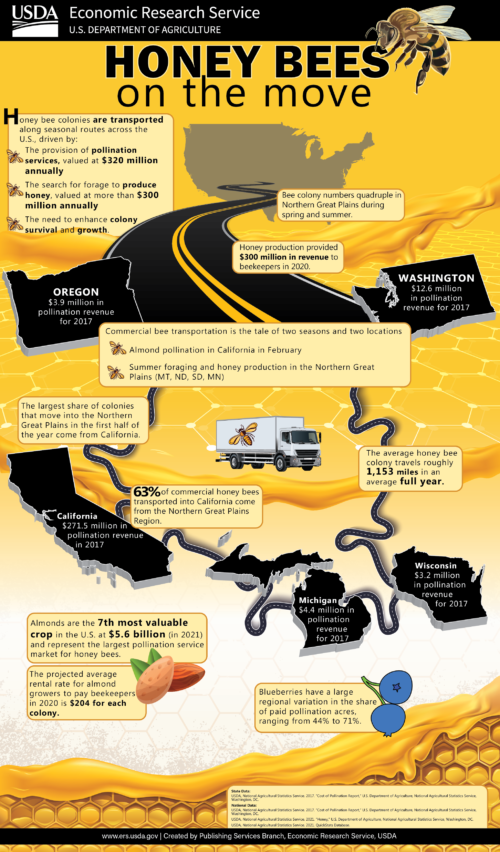Plant-based animal-food substitutes: an update
I haven’t done one of these in a while, so here’s my latest collection of articles on what the plant-based meat and dairy alternative industry is up to. This seems especially appropriate for St. Patrick’s Day.
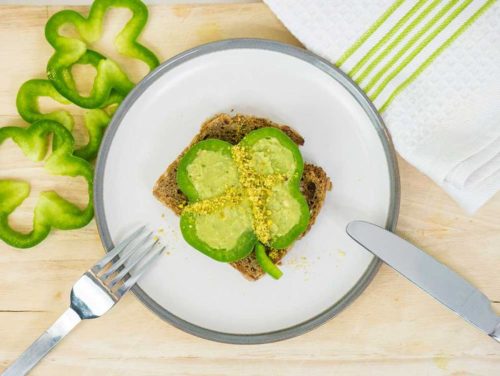
I “borrowed” the photo from this site (thanks!).
The plant-based market isn’t doing all that well?
- The terrifying truth: the addressable market at retail for plant-based meat offerings is not that big after all: By now, we are all familiar with the recent topline ‘problem’ in retail plant-based meat. The slow-down is visible in Beyond Meat’s latest earnings call itself. Foodservice and international sales are driving all of the brand’s growth. And it appears to be a velocity, not just revenue, slow-down, which, if true, is never, ever good when your supposed growth sector is far from its rosy market share dream objective of 10% of all meat (retail and foodservice)…. Read more
- As plant-based meat growth stalls, what does it mean for the category? Earnings reports last week for Beyond Meat and Maple Leaf Foods showed flat or negative growth — and no clear way to jumpstart sales.
Plenty of companies are still in this arena, domestically as well as internationally:
- Clif expands plant-based product mix as consumers get back to pre-pandemic bustle: New research from Clif Bar & Company found the majority of Americans are returning to their pre-pandemic routine – with 72% admitting to snack even more frequently than they were prior to the outbreak of COVID…. Read more
- Plant-based 3D printing: China and Australia identified as key markets for new Wagyu launch: Hong Kong 3D food printing firm Alt Farm is eyeing China and Australia as its first key target markets, revealing it hopes to launch a prototype plant-based A5 Wagyu Beef product in the next 12 to 18 months…. Read more
- China Focus: Plant-based yoghurt, hybrid meat products, China-based nutrition studies and more feature in our round-up: Plant-based yoghurt, hybrid meat products, China-based nutrition studies and more feature in this edition of China Focus…. Read more
Plant-based ingredients are of great interest:
- Plant-based protein in focus: from Pongamia to chickpeas: Plant-based proteins continue to dominate the so-called ‘alternative protein’ category, but will this still be the case in 10 years’ time? And which emerging plant proteins – from canola, barley and hemp to Pongamia, lupin, and chickpeas – will become the next soy, wheat, and pea?… Read more
- Fat… the final frontier for meat alternatives? Designer fat co Lypid raises $4m to commercialize microencapsulated vegan oils that behave like animal fat: Plant-based meat alternatives are getting ‘meatier’ by the day as brands reverse engineer animal products and put them back together with plants. But getting plant-based fat to behave like animal fat has been a major stumbling block for the industry, says foodtech startup Lypid, which has just raised $4m in seed funding to help commercialize its ‘PhytoFat’ platform…. Read more
- Impossible Foods sues Motif FoodWorks over its plant-based heme product: The meat alternative maker says the ingredients manufacturer could get non-public information about the way its key ingredient is made and is infringing on its patent.
Some skepticism seems warranted:
- As Investors Bet on ‘Milk Without Cows,’ Questions About Transparency Loom: Perfect Day and other companies making milk with precision fermentation promise animal-free, lower-carbon products through technology. They may also benefit from a lack of consumer understanding about the science.
Yum?

